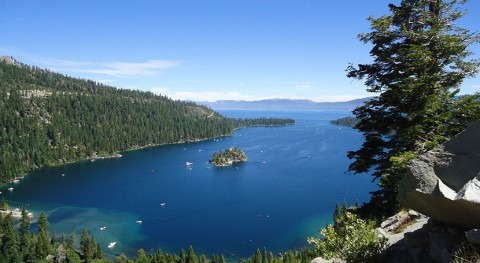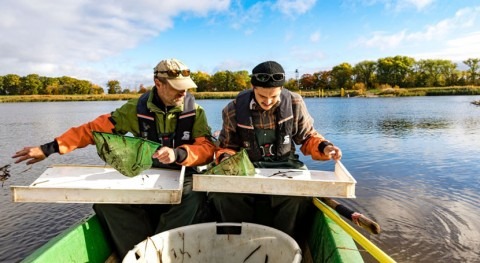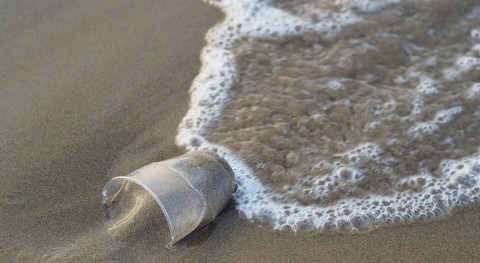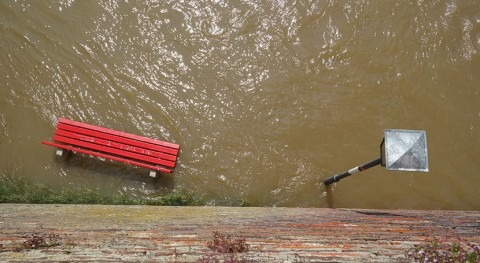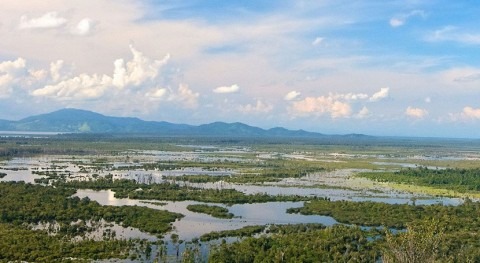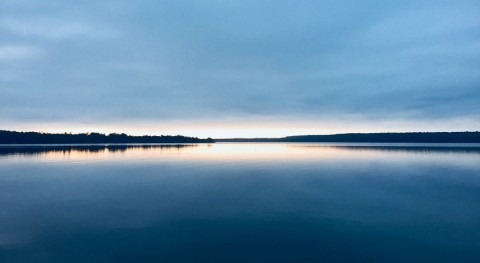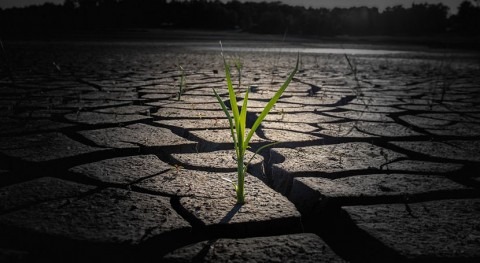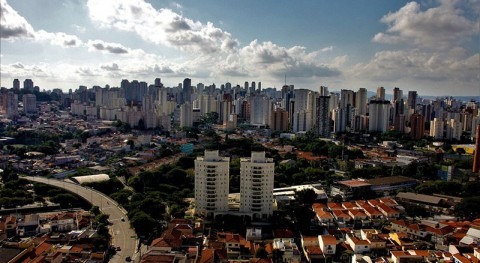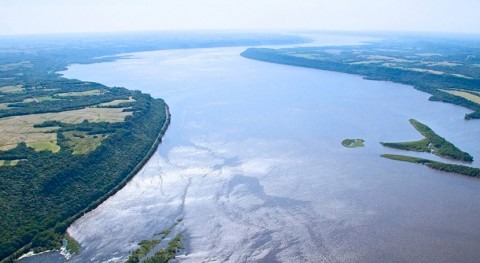Water, essential to all life, plays a particularly important role in the lives of Tanzanians living near Mbarali River, part of the larger Rufiji River basin in southern Tanzania.
Here, farmers use water from the river to irrigate their crops. Cattle herders guide their animals to its banks to drink and graze. Fishers make a living catching fish from its waters. Still others use it as a place to wash laundry or quench their thirst.
Yet all of these different demands on the river come at a price.
"I have a long memory when it comes to this river", reminisced Alley Mkweta, a longtime resident and local Water Use Association representative."This used not to be the only river; we used to have several small tributaries, which now only flow during the wet season."
“I won’t believe anyone who says that this river will never run dry,” he declared, looking around at a gathering of his fellow Water Use Association representatives. “I’ve seen the river drying up too many times before.”
Indeed, water scarcity has become a pressing problem in the Rufiji basin, raising tensions among the many different people clamouring for access to both its waters and surrounding land. Activities upstream—such as livestock grazing, farming in wetlands or too close to river banks, small-scale irrigation, disposing of waste in the river, and more—have changed the quantity, quality and timing of the river’s flow patterns.
Improved water quality and flow can sustain biodiversity downstream and ensure that the water is again safe to drink,” said Jared Bosire, UNEP-Nairobi Convention project manager. “Communities can profit from better and more predictable water flow for their crops and fishing
This uncertainty has caused problems for both upstream and downstream residents. Water Use Association representatives report an increasing number of people falling ill after drinking from the Mbarali River, which they attribute to pollution from human activities in the river catchment. They note that fish are no longer as easily found and worry that plants, animals and their habitats will soon no longer receive the water necessary to sustain them.
“If this continues,” warned Winfred Mbugu of Sokoine Univeristy of Agriculture, “the amount of water available for each person will continue to drop, and we could arrive at a ‘zero-flow’ situation—meaning the river could dry up entirely.”
In response, Tanzania’s National Environmental Management Council and Sokoine University of Agriculture will be undertaking a project, set to begin in mid-2020, on assessing the current status and implementing measures to ensure environmental flows remain at recommended levels in the Mbarali River catchment.
Studies and implementation of environmental flows—or e-flows—are primarily concerned with the fair sharing and sustainable use of water resources. The project proponents will first assess water resource conditions in the Mbarali catchment. Next, they will devise and apply solutions to improve both the quantity and the quality of water supplied by the river.
This project aims at reducing land-based stresses on this environment by protecting critical habitats, improving water quality and managing river flows.
The Convention, part of the United Nations Environment Programme’s (UNEP) Regional Seas programme, serves as a platform for governments, civil society and the private sector to work together for the sustainable management and use of the Western Indian Ocean’s marine and coastal environment.
If successful, the e-flows demonstration project could significantly improve the lives of Tanzanians in the Rufiji catchment.
The impacts of the project may also be felt far away from Mbarali. As Jerome Ansgary Kayombo of the National Environment Management Council explained, “The project could help us review regulations and laws regarding e-flows.”
Professor Japhet Kashaigili of Sokoine University of Agriculture agreed, adding that: “We are trying to come up with a clear implementation protocol on e-flows—scalable lessons that can be applied one by one to other catchments until the entire country is covered.”






